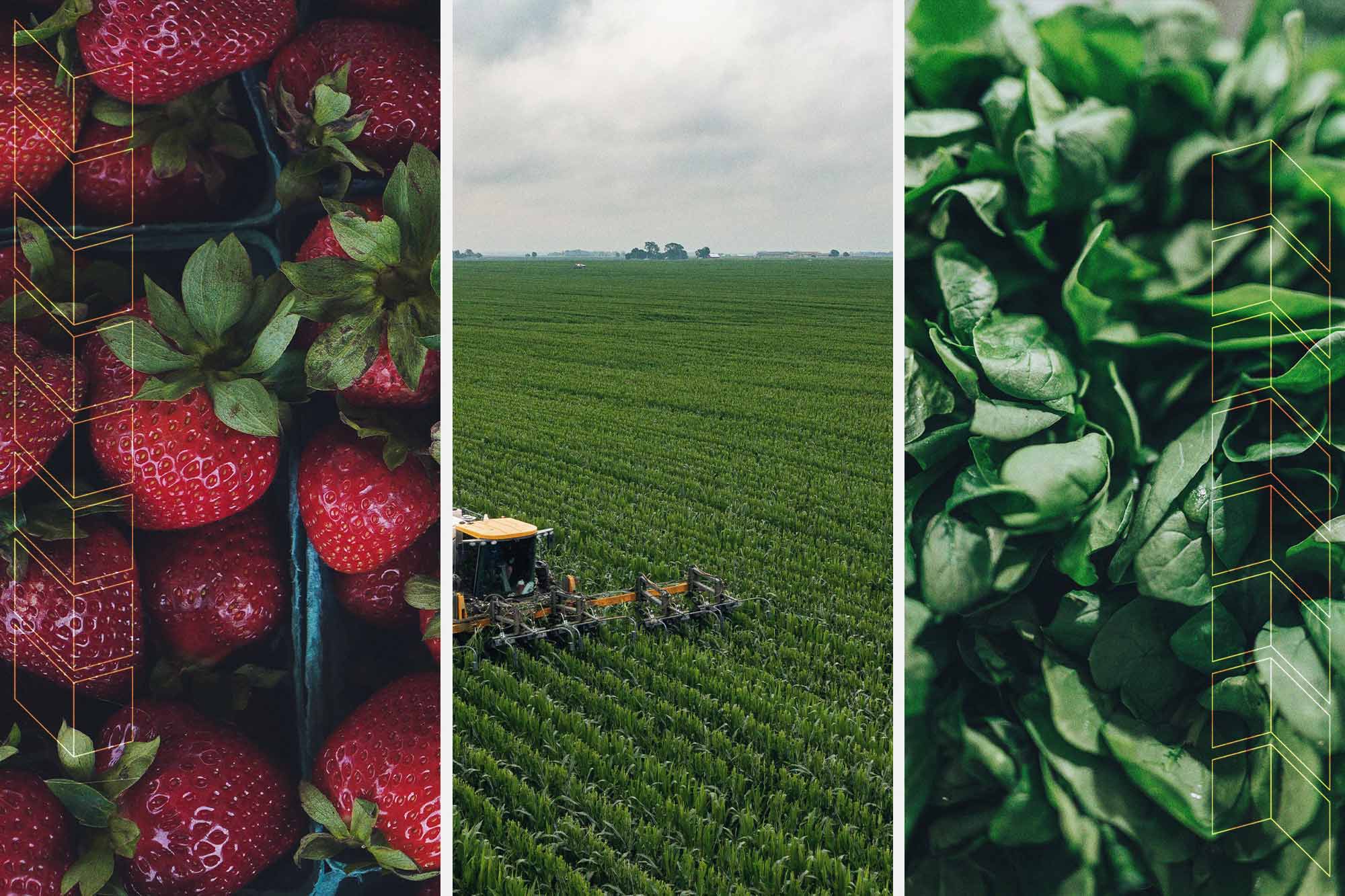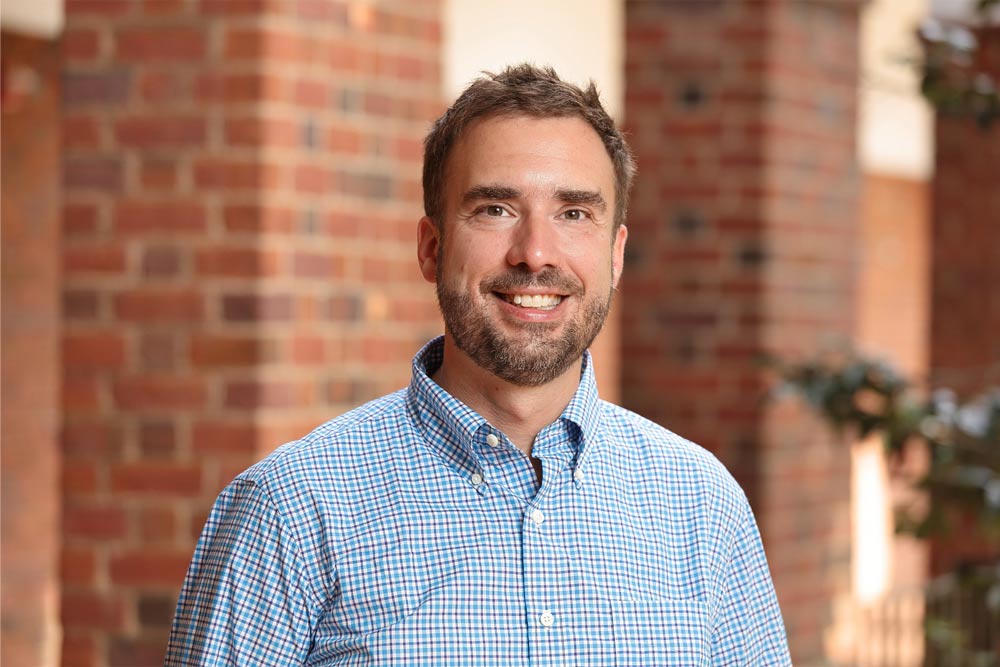The list is called the “Dirty Dozen,” and if you’re a fruit or vegetable lover, it’s the last place you want to see your favorite produce.
Published annually by the Environmental Working Group, a nonprofit organization that specializes in the research of toxic chemicals, the list ranks the 12 fruits and vegetables that contain the most pesticides.
Topping this year’s Dirty Dozen are strawberries and spinach – but hopefully not for long, thanks to an invention by Bryan Berger, an associate professor of chemical engineering in the University of Virginia School of Engineering and Applied Science.
Berger has always had a passion for the environment, so when he realized he could do something to improve both food safety and human health and reduce waste, he plowed full steam ahead like a tractor in the middle of a fall harvest.
The net result: Lytos.
Founded in 2018, the company’s goal was to create green, sustainable and safer alternatives to chemical pesticides and disinfectants.
In 2019, with the help of the UVA Licensing & Ventures Group – the intellectual property management and innovation commercialization organization for the University’s research portfolio – Lytos licensed Berger’s patented novel biofungicide technology.
Today, that technology – which Berger developed in his UVA lab – is of keen interest to companies that produce the agrochemical products that growers use, as well as major growers and producers of specialty agricultural crops, such as wine.
Berger is optimistic about the future health of fruits and vegetables – especially strawberries and spinach.
“Our products were tested on strawberries and spinach and are highly effective,” Berger said, “so we are going to save those products and many others from the dubious distinction of being on the Dirty Dozen.”
Recently, the LVG communications office caught up with Berger – who last month was recognized as the Charlottesville Business Innovation Council’s Innovator of the Year – to learn more.









